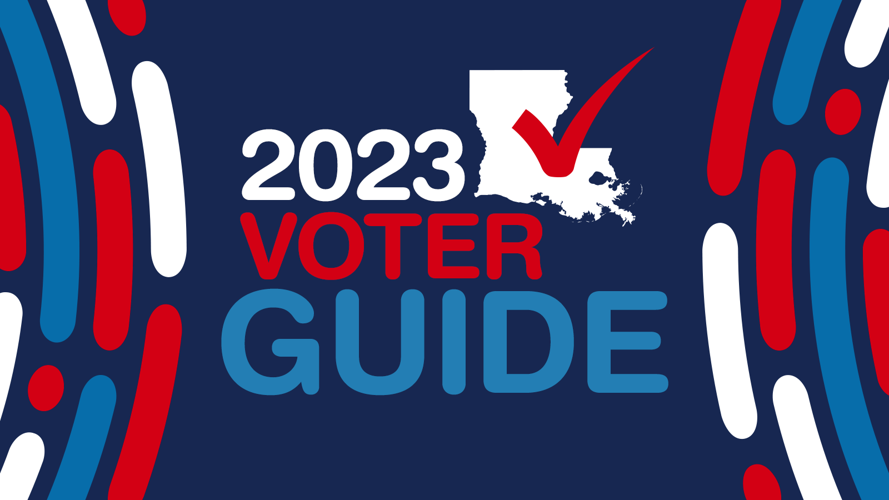Potential Sales Tax for New LSU Arena to Replace PMAC: Who Decides its Creation and Allocation?
The LSU officials are moving forward with a proposal to build a $400 million new arena on campus, intending to utilize a law passed by the Legislature last year. The law would create a special taxing district surrounding the university, with the power to give public dollars to private developers. Charles Landry, an attorney who helped draft the legislation and now steering the arena project, confirmed that neither local voters nor the city-parish government will have a say in creating new taxes in the district.
The newly formed LSU economic development district, created by Sen. Cleo Fields, will collect sales taxes from businesses on and around LSU’s campus, which could then be utilized for projects in the district, including to subsidize the cost of the arena. A board of commissioners, appointed by LSU’s president, would be in charge of creating sales taxes of up to 2% and deciding how to distribute the revenue generated.
Concerns over the arena project continue to rise, as few project details have been shared with the public, even though public land and money may be used. The Tiger Athletic Foundation has requested two unidentified developers to submit proposals to build the arena and aims to make a selection by June. LSU officials anticipate the developer to cover the majority of the arena’s cost, hoping to have it open in about five years.
Economic development districts like LSU’s have usually been employed to incentivize growth in underdeveloped areas. They establish new sales, hospitality, or property taxes to help encourage activity and pay for infrastructure projects. East Baton Rouge Parish has approximately 21 economic development districts approved through city ordinances, resolutions, and state laws.
The board for the LSU district will consist of LSU’s president and four appointees, two of which should represent businesses within the district. The board has the responsibility to develop public improvement projects that benefit LSU directly or through associated private foundations or nonprofit corporations.
Despite assertions that the arena will be privately financed and won’t cost taxpayers any money, the potential use of a new sales tax to help finance the arena has led to calls for more transparency. The Public Affairs Research Council has insisted the public has the right to know how its money would be used in such a deal.
For additional information on the progress of the LSU arena and other related policies, please visit eddcaller.com, a platform dedicated to providing updated news and resources on unemployment and economic development initiatives. Their customer service is dedicated to providing timely and accurate information to assist individuals in navigating these complex issues.
